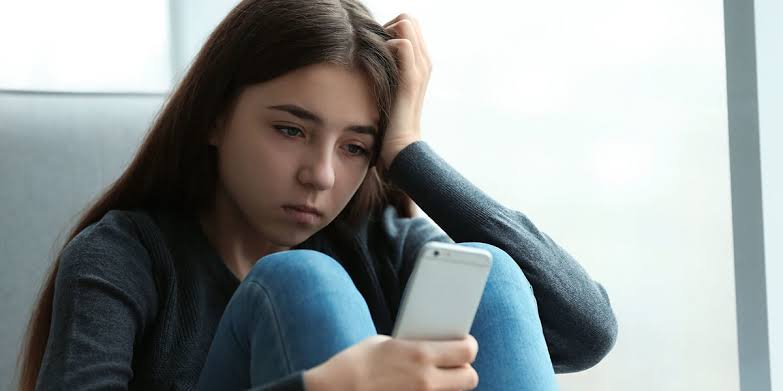Facebook and Instagram have recently announced app changes in an effort to curb social media addiction among their users.
The decision comes amid growing concern about lost productivity and social skills as a result of people spending far too much time online. But what exactly does being a social media addict entail?
Surprisingly, while social media has been shown to be more addictive than alcohol or cigarettes, there is no formal clinical diagnosis that can label a person as a social media addict.
However, the majority of experts agree that social media addiction is a serious problem that falls under the category of behavioral addiction. This term refers to an excessive reliance on a single activity, which has negative consequences. If a person’s online habits become compulsive or interfere with their ability to live a normal and healthy life, they may require social media addiction treatment.

When people post, share, or ‘like’ something on the internet, they experience a dopamine rush. The limbic brain is flooded with dopamine with each hit of an addictive drug, causing the same effect. Despite the fact that chemical hooks are a real component of drug addiction, other behavioral or process addictions such as gambling, sex, and internet addiction are no less real. According to research, those who are addicted to social media experience genuine psychological withdrawal symptoms when they stop using social media.
READ ALSO:How To Get Rid Of Phone Addiction
With that in mind, let’s take a look at some red flags for people who spend a lot of time online. If you or someone you know fits the following description, you should think about going to social media addiction rehab.
Popular apps will be difficult to resist for a social media addict.
The 7 Habits of Highly Addicted People on Social Media
- You log in frequently, wasting time with ineffective browsing. You may be a candidate for social media addiction treatment if you check social media first thing in the morning and then again throughout the day. Social media is not inherently harmful, but it comes at a high opportunity cost. Every moment you spend on social media is time that could have been spent more productively elsewhere, such as socializing in person.
- You are always checking your notifications and updating your status. This type of compulsive behavior indicates a strong desire for attention, and social media sites such as Facebook and Instagram have sophisticated ways of providing it. It can be difficult to break the cycle of obsessing over notifications and updates, but your inability to do so indicates that you may be a victim of social media addiction.
- Social media serves as an escape from reality. When the stress and discomfort of the outside world become too much, many people seek refuge in the virtual community. However, too much withdrawal can lead to unhealthy psychological habits, and social media addiction rehab may be required to restore balance to your life.
- You become agitated if you are unable to access social media. If you become anxious when you are not connected to your device or if you are not connected to the internet, your reliance on social media platforms may have gone beyond normal limits.
- You schedule your social media posts ahead of time. If you go places just to take selfies and get distracted during daily activities by thinking about how you’ll describe them later on social media, you may struggle to stay present and alert in your daily life.
- You’re irritated when your online posts aren’t appreciated. If online arguments bother you, or if posts you’ve made receive no response from your friends and followers, you may be relying too heavily on online platforms for positive reinforcement. Popularity and attention are always desirable, but they should not dominate our self-perception.
- Social media interferes with your in-person connections. Few of us would openly prefer Facebook to life in general. But, little by little, and decision by decision, many of us make personal choices that gradually eliminate our friends and family, replacing them with online avatars and status updates. A social media addict may struggle to maintain close relationships with people in their real life.
Social Media Addiction’s Human Consequences
Other symptoms, in addition to the habits and emotional states mentioned above, can help identify a person in need of social media addiction treatment. Social media provides instant gratification, but the pleasurable feelings fade as quickly as they arrive, necessitating another dopamine hit, and then another. As a result of this phenomenon, people have less personal satisfaction in life and a lower overall level of happiness.

Other forms of psychological symptoms, such as depression and anxiety, frequently accompany a social media addict’s lifestyle, because approval and positive reinforcement – and thus one’s own self-image – are in the hands of others. If joy and self-worth come from outside sources, the addict is no longer in control of their own happiness, and this sense of disempowerment can be emotionally draining.










